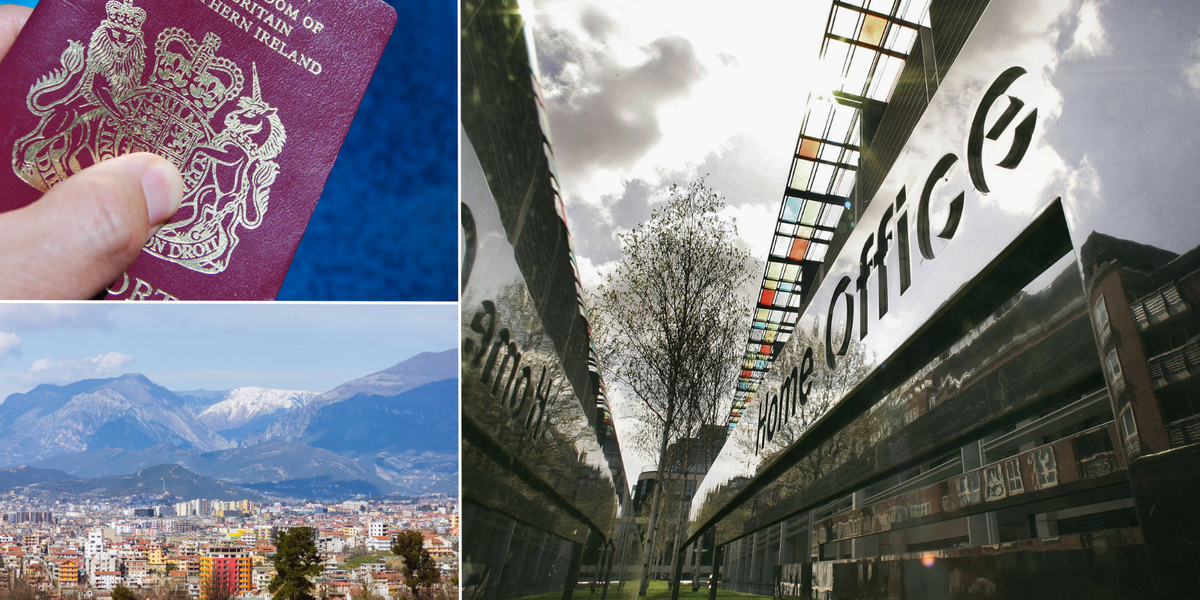An Albanian paedophile who raped a teenage girl said he was happy he cannot be deported from the UK as his home country has lots of “bad people there”.
Gjin Gjergji, 52, first arrived in the UK in 2000 after falsely claiming that he was fleeing from war-torn Kosovo.
The 52-year-old raped a 15-year-old girl in 2015, after following her in his car and persuading her to get inside his vehicle.
Gjergii, who stated that he believed the victim was a prostitute, was convicted two years later.
An Albanian paedophile who raped a teenage girl said he was happy he cannot sent to his home country as it has lots of ‘bad people there’
Getty/Flickr
After his rape conviction, it emerged that he was actually from Albania, and had lied about his nationality in order to gain asylum.
An immigration tribunal has now ruled that it would be “unfair” to strip him of his British citizenship. The decision comes after previous failures by the Home Office to take action, despite officers suspecting as early as 2005 that he had been granted asylum under a false identity.
Gjergji told the Daily Mail: “I’m all right, I’ve got no worries here. I came to the UK because I wanted a better life, and I’ve found it. I like it here.”
He said he has a right to stay in the UK because he has family here and that Albania is a dangerous country with “lots of bad people there”.
LATEST DEVELOPMENTS:
The 52-year-old first applied for citizenship in 1999 under a different name, but his application failed.
The following year, he tried again under his actual name, though claimed he was from Kosovo, which was embroiled in a war against Yugoslavia.
His second application was successful, and he was later awarded a British passport in 2011.
After his rape trial in 2017, documents were uncovered which proved that he was an Albanian national and was informed that he would be stripped of his British citizenship as it was gained through fraud, a decision he later successfully appealed.
The Home Office had previously failed to take action against Gjergji
Getty
His lawyers argued that evidence about his nationality was available almost two decades earlier, when his wife admitted that Gjergji was Albanian.
They reasoned that it was unfair to use this information against him now.
Upper Tribunal Judge Therese Kamara said: “We accept that it is unfair for the respondent [the Home Office] to now seek to rely upon this information as a basis for depriving the appellant [Gjergji] of his citizenship.”
A spokesperson for the Home Office said: “We do not routinely comment on individual cases.”

